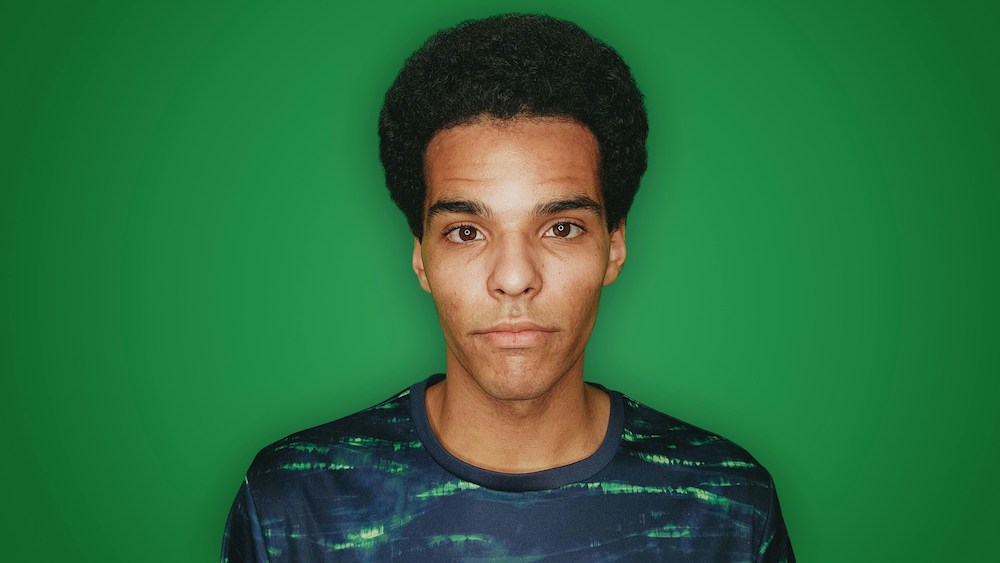Why I’m worried about the Government’s proposal on Disability Reform
The Irish Government wants to change how certain social welfare payments work, but Ross is worried the new system might make it hard for people with disabilities to get help.

The Department of Social Protection and Minister Josepha Madigan recently proposed a green paper on how social welfare benefits such as disability and invalidity benefits can be paid out in future. A Green Paper is a Government proposal on how to improve something or solve a problem. This paper aims to highlight a new way that disability payments could be paid. While this is only a proposal, it sets out one possible way these payments could occur in future.
What are the proposed changes to disability allowance?
The proposed changes include splitting the payment of the disability allowance into three categories: Those with Level 1 would be considered as needing the highest form of disability support and would be paid €275 a week. Those in Level 3, the category for lowest support needs, would be paid €220 a week.
Why are there issues with the proposal?
Disability activists have already noted major flaws with the new proposal – Firstly, this funding allocation would be decided purely by the Department of Social Protection, a non-health department deciding what financial support a disabled person needs. Secondly, if a person felt they were put into the wrong category, the ability to appeal this decision would lengthen already long waiting times for appeals.
A key factor is that for those in Level 3 to avail of disability benefits, they are required to take part in Intreo. Intreo is a government programme that employs people who are working and on benefits, but this requirement would force those to work for low pay just to avail of benefits. This can mean being paid well under minimum wage for the job, and those in that category may not be able to physically work those jobs, leaving them excluded from this system.
Most crucially – the payments currently suggested still fall well below the proposed payments of a living wage, which according to the Living Wage technical group, is €14.80 an hour. In a 35-hour job, that would be €518, which would fall short of even the highest payments proposed in the Green Paper.
My own experiences with disability benefit
I have been fortunate that I have been able to apply successfully for disability benefits. However, like the previous support I have gotten for being autistic, it is only through contacting TDs and other factors that allowed me to get it. I know many friends who, despite their disability affecting them more in regular life, have been unsuccessful or have not been able to prove their disability.
The fact that when I had a job that paid enough I was taken off the allowance shows, in my view, that it is a massively insufficient payment I believe that the government purposefully makes it as difficult as possible to get disability allowance and wants to take you off it as soon as it can.
With better awareness of people with disabilities, the government must look out for the most vulnerable including the disabled community. It needs to recognise more disabilities, including long-COVID and provide the support people say they need, rather than what a separate group says.
How you can make your voice heard
The best way to make your voice heard is to let your local TD know via an email to highlight your concerns. A list of TD email addresses can be found at the Dáil Éireann website. I would encourage everyone to send an email, even if you do not need disability support.
In my opinion, if disability reform happens, it needs to be a lot more radical in how it happens. Not splitting people based on how the department decides how much you get, but rather for disabled people to be fully empowered to be protected by society and be able to give back in ways more than just economic.
Need more information, advice or guidance?
We offer information, advice and guidance about the issues that matter to you. Our online Youth Information Chat service is for 16 to 25 year olds and is available Monday to Friday, 4pm to 8pm (excluding Bank Holidays).
- Chat now to a trained Youth Information Officer
- Or leave us a message and we will email you back






